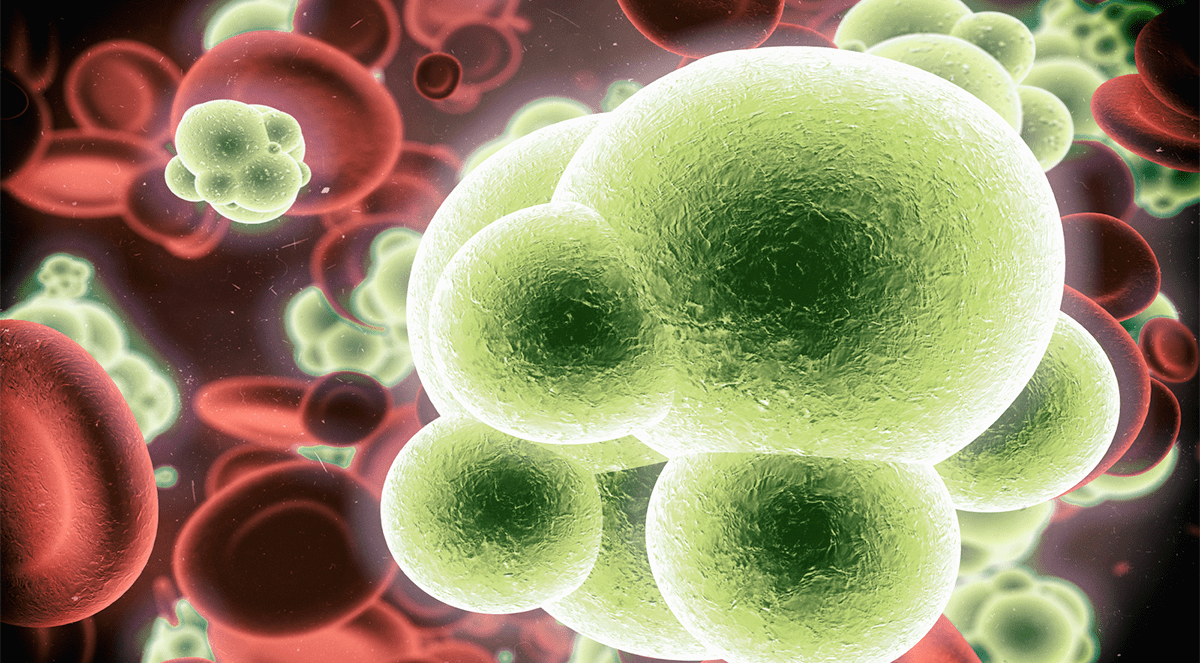A quicker way to detect the bacteria causing patients to become sick has now been developed, giving physicians a better chance at saving lives.
Brett Etchebarne, an assistant professor of emergency medicine in the College of Osteopathic Medicine, has created a molecular diagnostic system that can identify dangerous bacteria such as E. coli, staph infections, and even some superbugs. The test can produce results within two hours using blood, urine, spit, wound, stool or cerebral spine fluid samples from infected patients.
Etchebarne is more than one year into a clinical trial that aims to validate his point-of-care diagnostic test, known as In-Dx, and his preliminary results already look promising.
“So far, we’ve had nearly an 85 percent accuracy rate in identifying the exact bacteria using my diagnostic system,” Etchebarne said. “That’s from taking and analyzing around 300 clinical specimens and right now, urine and wound samples appear to be more accurate and produce faster results.”
Related Articles
- NIH Scientists Illuminate Role of Staph Toxins in Bacterial Sepsis
- Antibiotics Can Boost Bacterial Reproduction
- Carbapenem-Resistant Bacteria More Problematic Than Thought
- Detection and Quantification of Differentially Culturable Tubercle Bacteria in Sputum from Patients with Tuberculosis
Today, patients generally have to wait days to get final test results. But the In-Dx testing of urine samples, for example, produces positive results in two hours from start to finish versus the days it can take for equivalent hospital lab tests.
“If doctors were able to quickly single out the specific bacteria that a patient has, then often only one antibiotic would be needed and a much more targeted treatment could be given right away,” Etchebarne said. “Right now, multiple antibiotics are typically used because doctors don’t know what specific infection they have to fight until days later. This way of treating people is what helps create the drug resistance problem.”


